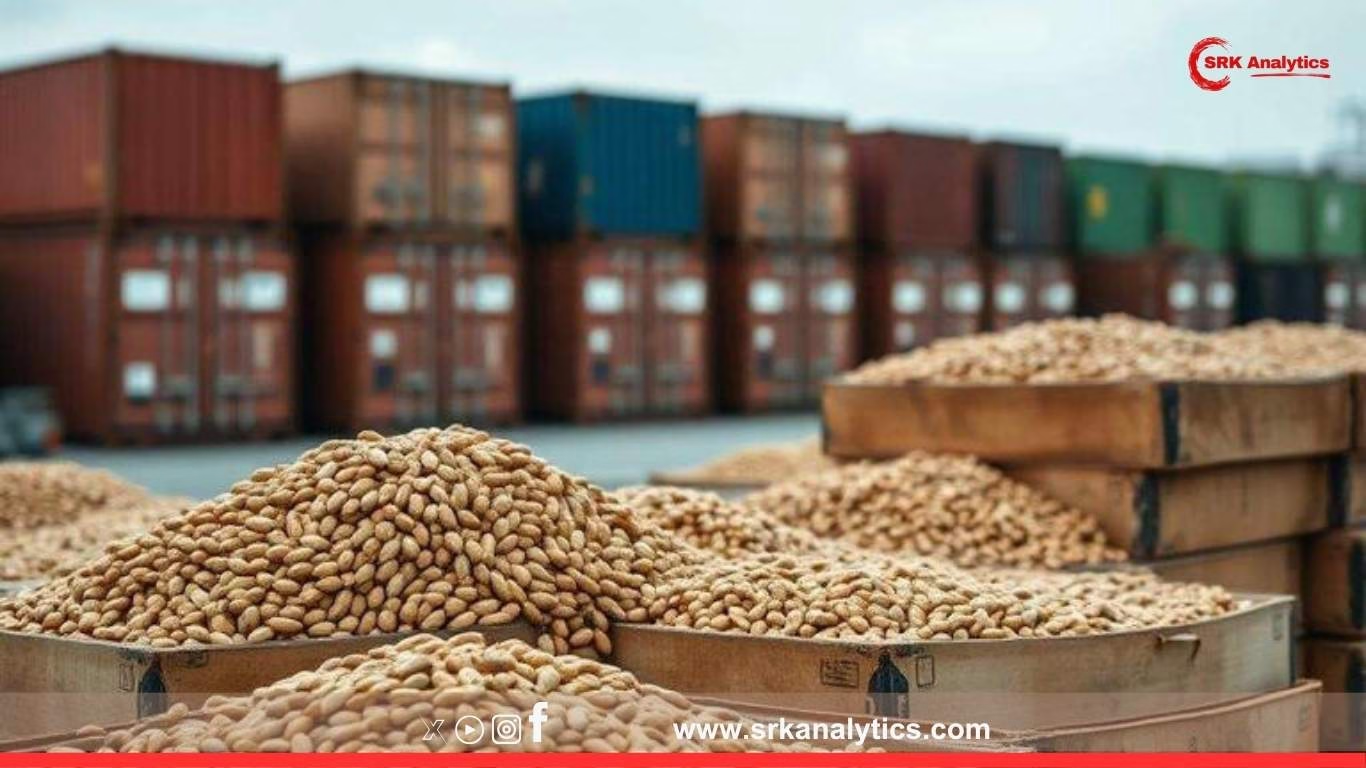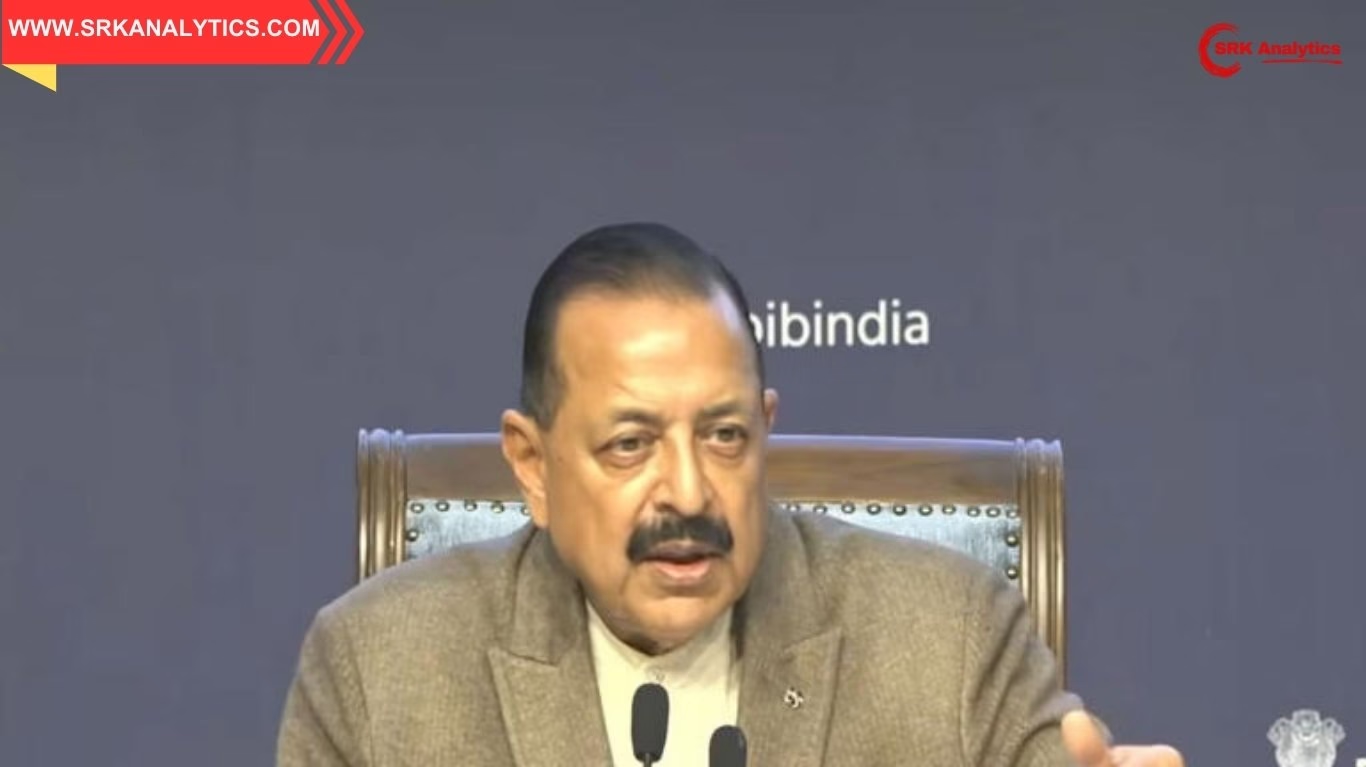India has emerged as the largest buyer of oil palm seeds from Malaysia in the first half of 2025, strengthening its position as a major oil palm cultivation hub in Asia. The development comes amid India’s aggressive push to enhance domestic edible oil production under the National Mission on Edible Oils – Oil Palm (NMEO-OP), reducing its heavy dependence on imported palm oil.
Surge in seed imports from Malaysia
According to trade officials and plantation industry data, Indian companies and state horticulture departments purchased over 13 million germinated oil palm seeds from Malaysia between January and June 2025, accounting for nearly 40% of Malaysia’s total oil palm seed exports in the period. This positions India ahead of traditional buyers such as Indonesia, Thailand, and African nations.
Malaysia, the world’s second-largest palm oil producer after Indonesia, is also a major global supplier of high-yielding germinated oil palm seeds, primarily of Dura x Pisifera hybrids, known for their superior oil extraction rates, disease resistance, and adaptability to varied tropical conditions.
Why India is ramping up oil palm cultivation
India is the world’s largest importer of edible oils, with palm oil forming nearly 60% of its import basket. To address the recurring challenges of volatile global prices and forex outflows, the government launched NMEO-OP in 2021 to increase oil palm cultivation area from 3.5 lakh hectares to over 10 lakh hectares by 2027.
Key drivers behind rising palm seed imports include:
- Expansion of cultivation in Northeast and Southern states such as Andhra Pradesh, Telangana, Assam, Tripura, and Mizoram, which have agro-climatic suitability.
- Government incentives, including viability gap funding, seedling subsidies, and assured FFB (fresh fruit bunch) pricing to encourage farmers.
- Rising private sector investments from companies like Godrej Agrovet, Patanjali Foods, 3F Oil Palm, and Ruchi Soya to build integrated plantation-to-refinery supply chains.
Major Malaysian seed exporters to India (Jan-Jun 2025)
| Company | Estimated seeds exported to India (million) |
|---|---|
| Sime Darby Plantation | 5.2 |
| Felda Agricultural | 3.8 |
| Kuala Lumpur Kepong | 2.4 |
| United Plantations | 1.3 |
| Others | 0.3 |
| Total | 13.0 |
State-wise oil palm cultivation expansion in India
| State | Area under oil palm (ha) 2024 | Projected area (ha) 2027 | Major initiatives |
|---|---|---|---|
| Andhra Pradesh | 200,000 | 500,000 | Cluster model plantations, integrated mills |
| Telangana | 65,000 | 150,000 | Subsidies, FFB assured pricing |
| Assam | 35,000 | 100,000 | NE-focused viability gap funding |
| Tripura | 20,000 | 80,000 | Contract farming support |
| Mizoram | 15,000 | 70,000 | PPP models with processors |
| Others (NE + Karnataka + TN) | 25,000 | 100,000 | Private sector entry, cluster nursery setup |
| Total | 360,000 | 1,000,000 |
Industry reaction to Malaysia-India palm seed trade
Malaysian seed producers have welcomed India’s expanded import orders, citing it as a stabilising factor for the plantation seedling sector, which had faced demand fluctuations due to COVID-19 and environmental scrutiny on deforestation in Southeast Asia.
Meanwhile, Indian plantation companies are optimistic that timely imports of high-quality germinated seeds will enable planting at the onset of monsoon, critical for strong root establishment and early yields.
An executive from a leading plantation firm said:
“We have secured over 1.5 million seeds this season to expand our acreage in Andhra Pradesh and Telangana. Domestic nursery capacity is limited, and Malaysian seeds offer better genetic traits suited for Indian agro-climatic conditions.”
Global and environmental context
India’s oil palm expansion, however, is being closely monitored by environmentalists due to concerns over potential biodiversity loss if plantations encroach upon ecologically sensitive forest areas. The government has assured stakeholders that expansion will be limited to degraded lands and wastelands, with strict Environmental Impact Assessments (EIAs) and agroforestry integration.
Projected impact on edible oil imports
If India achieves its oil palm plantation targets, analysts estimate annual domestic production of crude palm oil (CPO) could rise from 0.3 million tonnes at present to 1.5 million tonnes by 2030, saving nearly USD 2 billion in annual imports at current prices.
Long-term outlook
- Policy clarity needed: Experts suggest that clarity on land leasing norms, contract farming laws, and environmental approvals is essential to sustain farmer and industry interest.
- Yield optimization: Training on best plantation practices and disease management will be critical to achieve targeted yields of 4-5 tonnes CPO/ha.
- Processing infrastructure: Expanding processing mill capacity closer to plantations will prevent FFB spoilage and ensure farmers get remunerative prices.
Conclusion
India becoming Malaysia’s largest oil palm seed buyer in H1 2025 marks a significant milestone in its path towards edible oil self-reliance. With strong policy backing, private sector participation, and global technology collaborations, India’s oil palm sector is poised for rapid growth in the coming years while balancing sustainability and economic objectives.
Disclaimer: This news article is for general information purposes based on industry data, trade reports, and government statements. It does not constitute business, investment, or agricultural advice. Readers are advised to consult certified professionals and policy authorities before making decisions related to plantations, trade, or investments.











